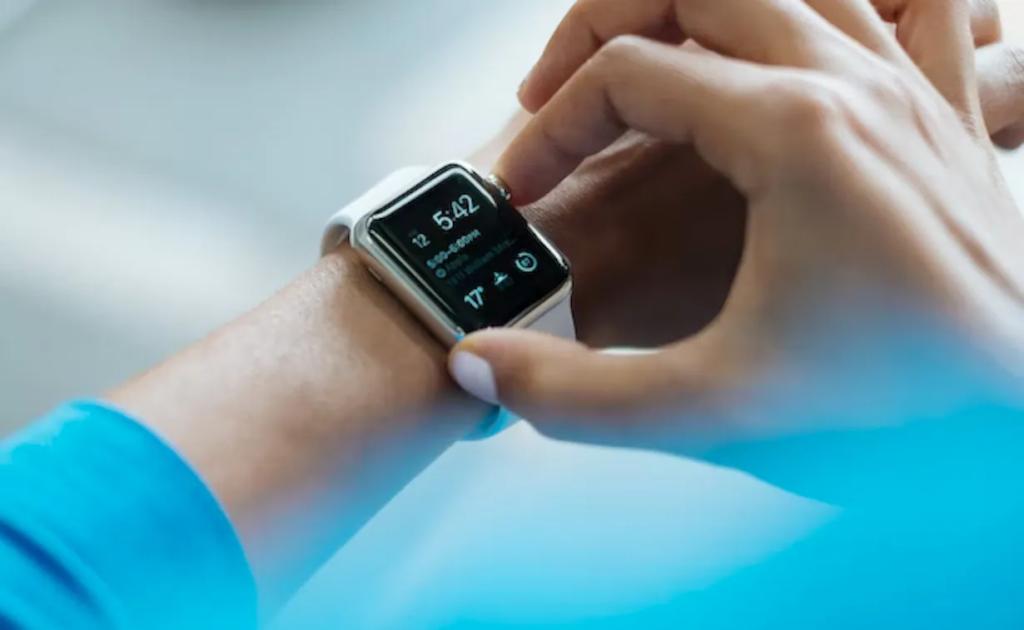She wrote to Tim Cook, the CEO of Apple, on April 23 after arriving home, expressing her gratitude to him and the Apple team “for making such an advanced and precise recording ECG app.” He replied a few hours later.
New Delhi: A 35-year-old Delhi woman’s life was spared thanks to her Apple watch. The woman had an irregular and fast heartbeat, known as atrial fibrillation, or AFib.
Policy researcher Sneha Saha began suffering a fast heartbeat late on April 9 in the evening, she told the news agency IANS.
She thought it was a stress-related panic attack. She began practicing deep breathing techniques and drank water, but the issue did not go away.

She used her Apple watch to monitor her condition while her heart palpitations persisted. The watch recommended that she see a physician.
She ignored that too, but around midnight, Sneha’s Apple watch warned her to see a doctor right away since her heart rate was 230 bpm, which is abnormally high, and she was starting to get AFib.
After that, Sneha, a Munirka resident, was taken to the emergency room of the neighboring Fortis Hospital in Vasant Kunj, where medical personnel were unable to take her pulse.
After doing more assessments, doctors determined that in order to restore her heart’s sinus rhythm, they would need to deliver three direct current (DC) shocks (50 50 100 joules). She was then sent to the Intensive Care Unit (ICU).
Sneha told IANS, “I would not have gone to the hospital and would have lost my life if the Apple Watch had not alerted me of the serious condition around midnight.” She further mentioned that the watch has now been her “constant companion.”
If the watch hadn’t been there, I never would have taken a reading of my heart rate. Sneha, who is on her path to recovery, said, “Everything I had to tell the doctors was based on Apple Watch readings.”
Her problem was identified by the physicians as a kind of Tachycardia, which is an elevated heart rate for any cause and can be brought on by stress or activity.
She wrote to Tim Cook, the CEO of Apple, on April 23 after arriving home, expressing her gratitude to him and the Apple team “for making such an advanced and precise recording ECG app.”
He replied a few hours later, saying, “I’m delighted you got the care and attention you required from the medical community. We really appreciate you telling us your tale.”
“After the harrowing experience, I realized it is very important for us to understand our health, our sleep patterns, our heart rates as we all deal with stress,” said Sneha.
“Smartwatches are a very good way of keeping track of your daily activities, your heart rate,” continued the Jawaharlal Nehru University Ph.D. holder in Science Policy Studies.









